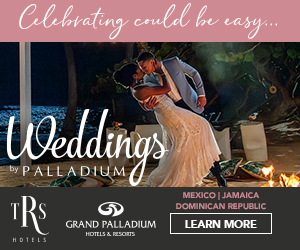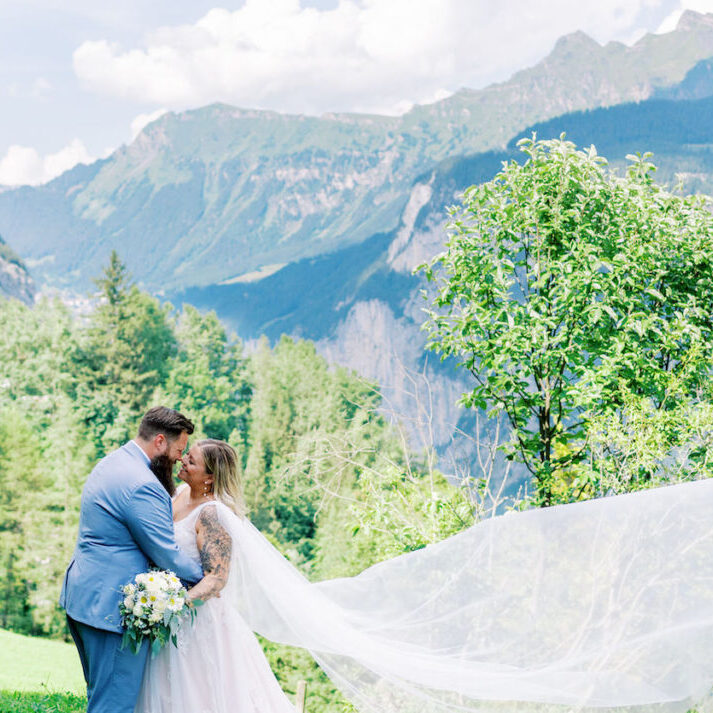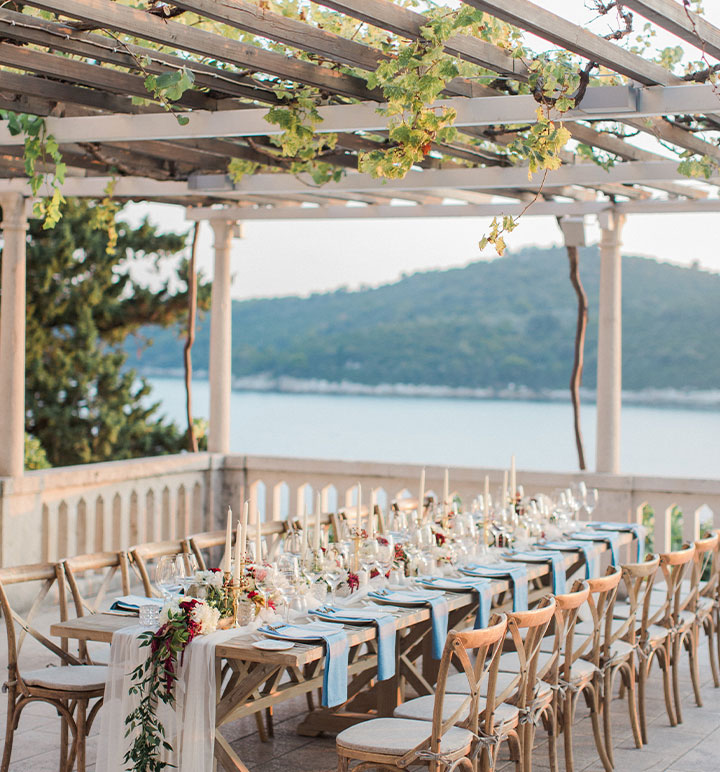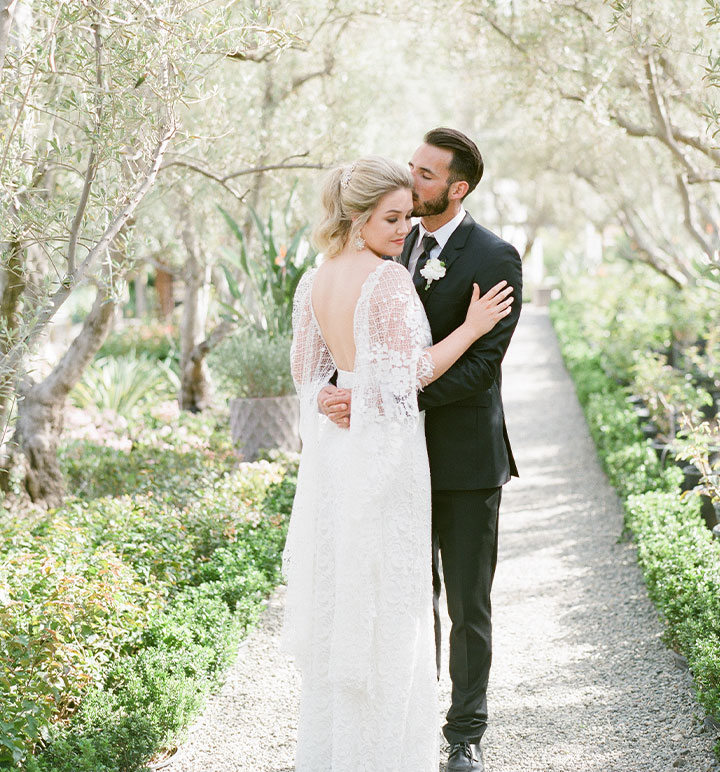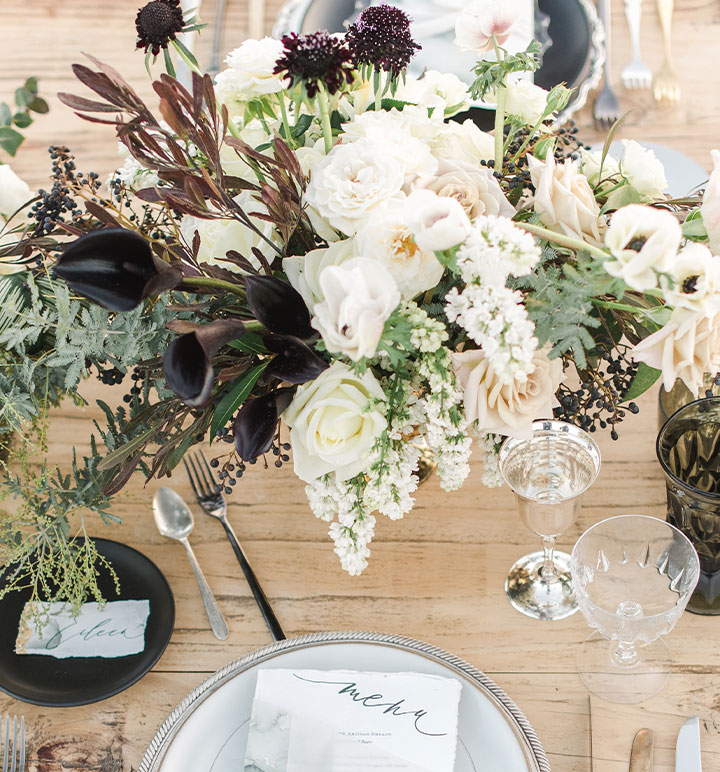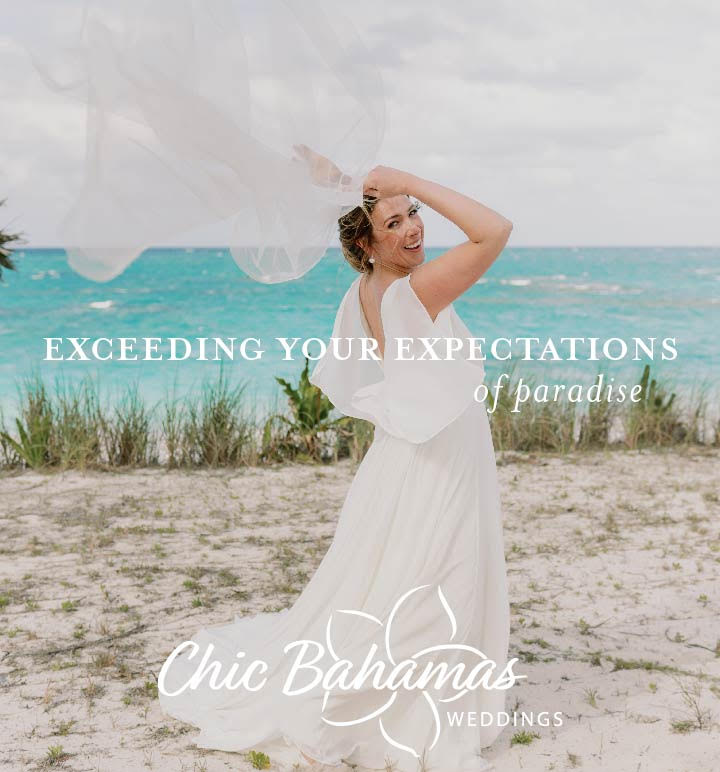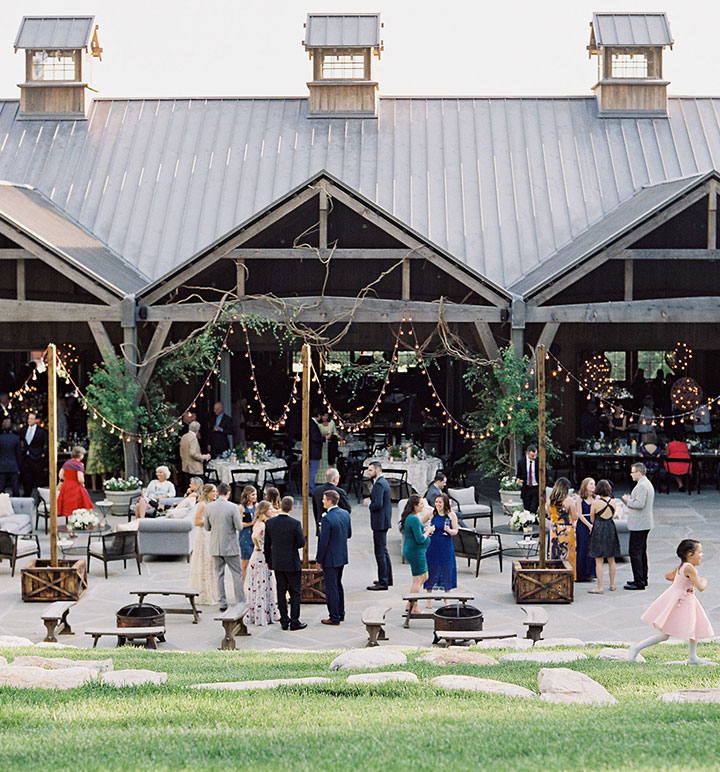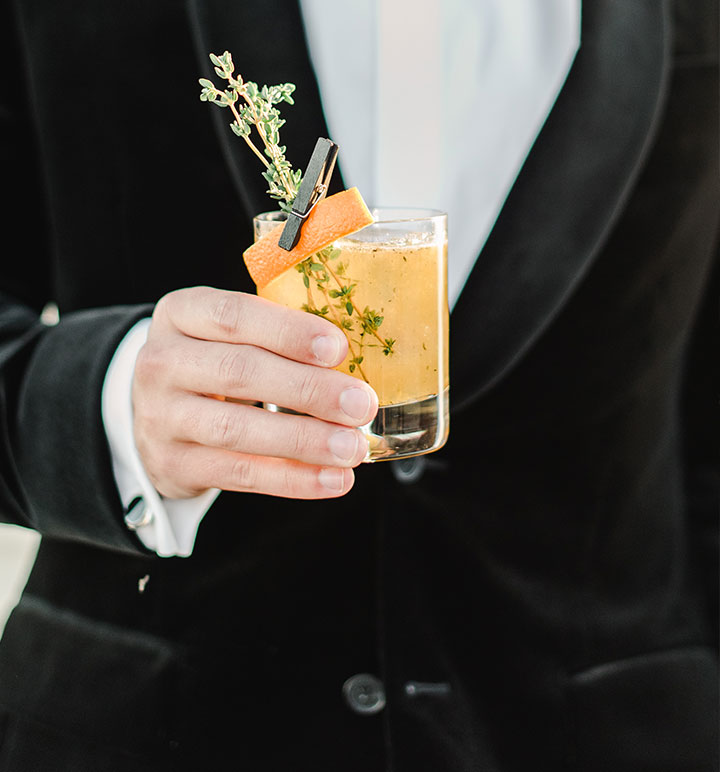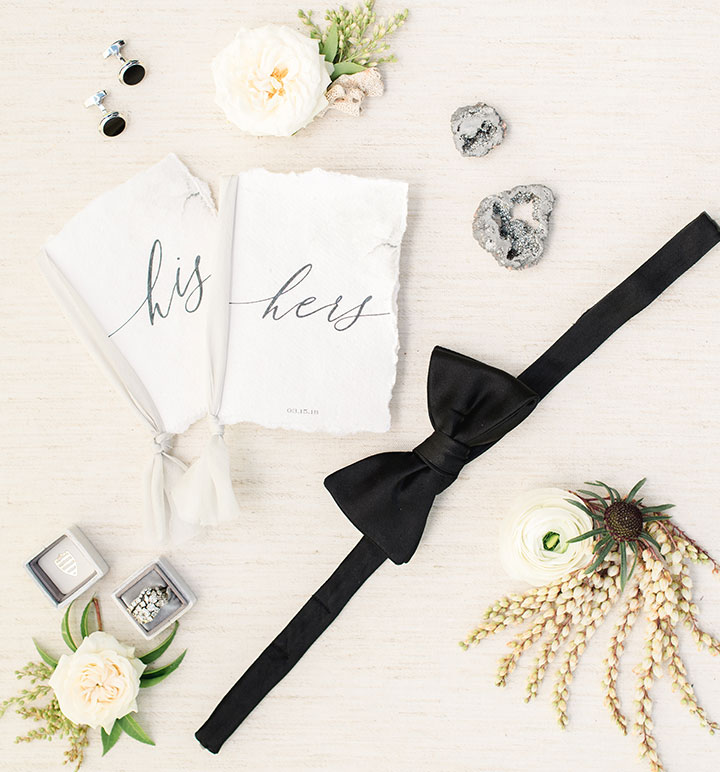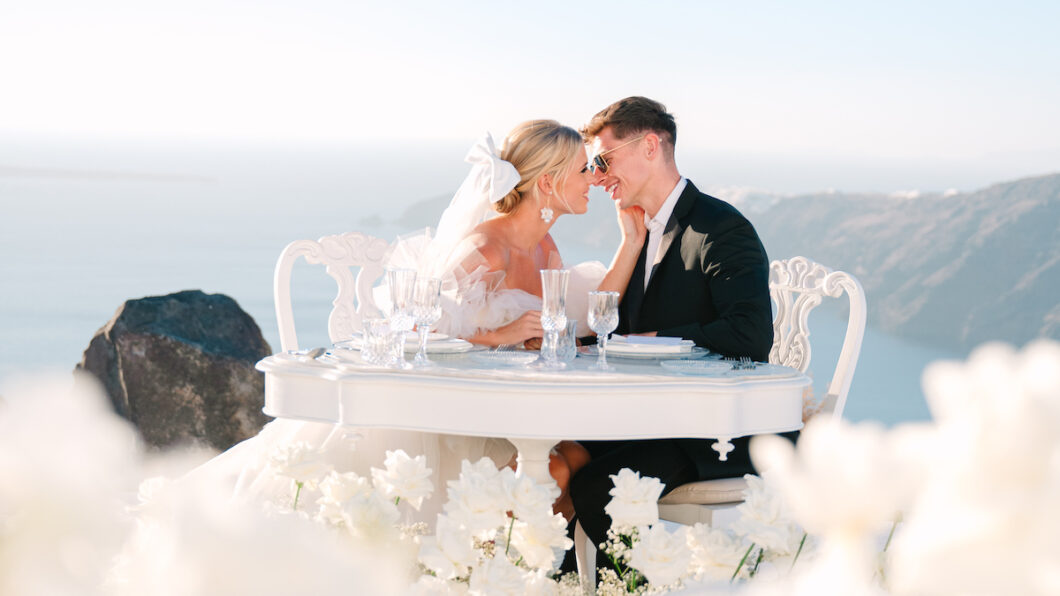
Tips For Wedding Planning with Vendors in Different Time Zones
CATEGORIES
March 21, 2024
Words by
Photos courtesy of
Confirming shot lists, approving menus, and building timelines — planning a wedding requires a significant amount of back-and-forth with your vendor team. Squeezing vendor meetings into an average workweek can be challenging for many couples. Throw in a different time zone, and it can create unwanted confusion!
Depending on your destination’s time zone, you may meet with vendors over morning coffee or after dinner. But what might seem inconvenient can easily be made more accommodating with a few adjustments to the planning process. Trust that it will all be worth it when you arrive at your destination, whether you’re soaking in the mountain air, tropical sun, or rich city culture.
We asked destination wedding experts for planning advice, and here’s what they recommend to prevent your wedding from feeling like a hassle…
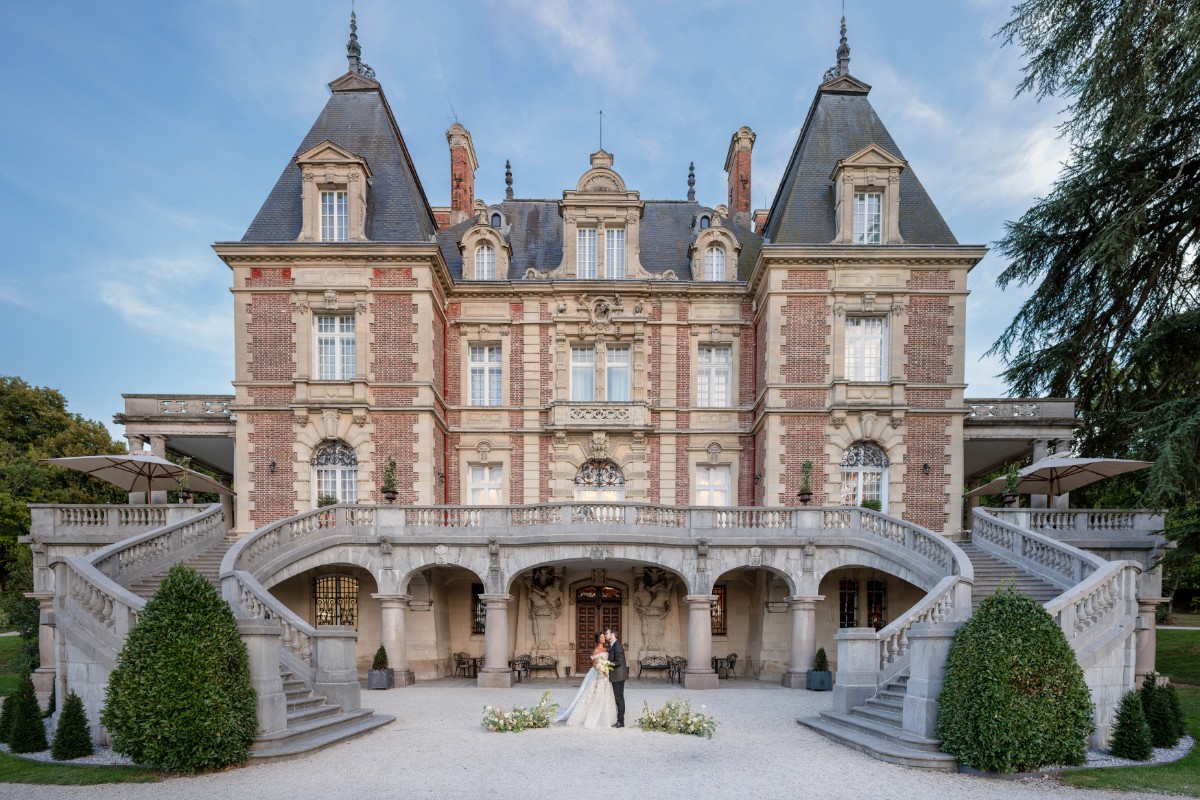 Photo by The Bennetts Photo
Photo by The Bennetts Photo
Get a head start on planning
Working in different time zones can cause communication delays in any industry, so it shouldn’t come as a surprise. The good news: You can go in prepared, extending your planning timeline to make up for any slowness. And if you’re newly engaged, that means starting earlier than you would for a local wedding.
Twickenham House and Hall’s Sarah Anderson recommends “beginning the process 18-24 months before the big day” to allow ample planning time. “This time window enables couples to book their desired venue and vendors more easily and helps guests plan and book travel arrangements.”
Bonus: A longer window means more time to plan stress-free and enjoy the fruits of your engagement. After all, you’re only a fiancé(e) for a short period — you should make the most of it!
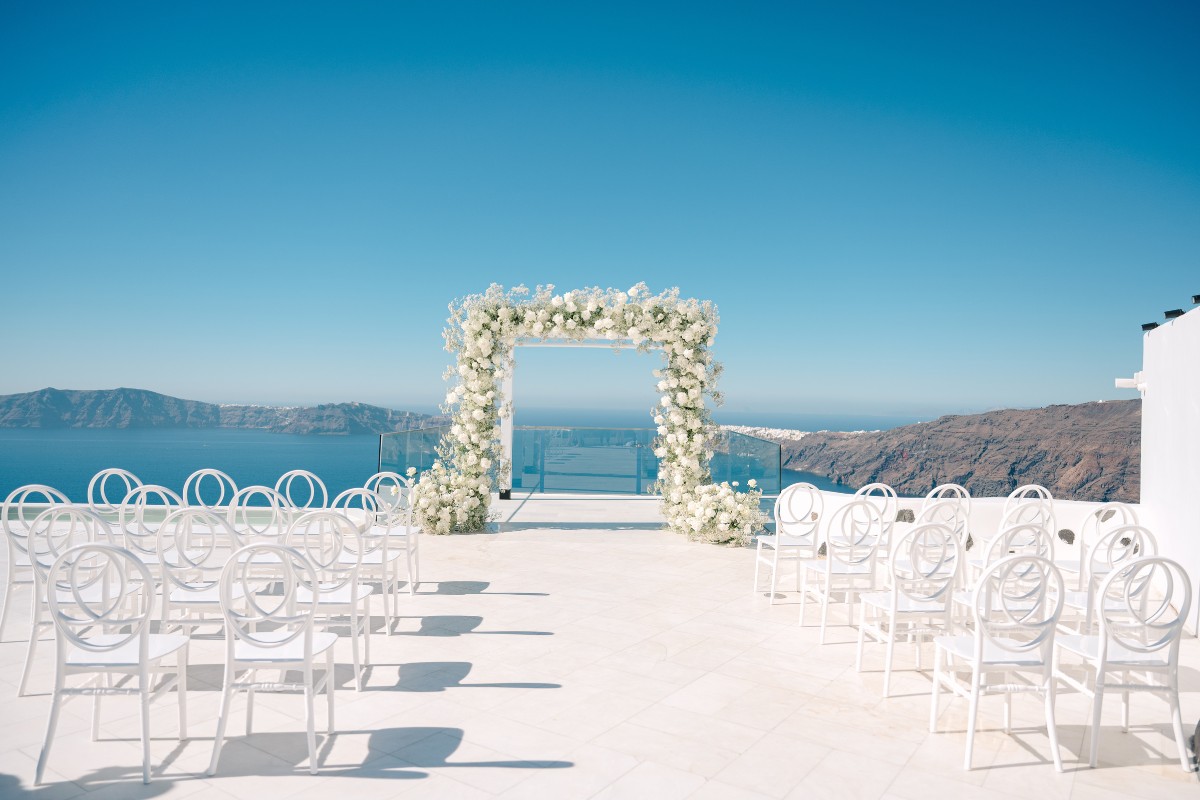 Photo by Heather J Photography
Photo by Heather J Photography
Work with a destination planner
You might love spreadsheets and agendas, but planning a destination wedding is a full-time endeavor. So unless you plan to quit your job and move to your destination, it’s wise to hire a planner with experience planning weddings in your chosen location and working with couples from afar.
“You’re going to need someone who knows the area, how vendors/payments work, and everything in between,” Megan Lentz of Vida Events explains. “They are going to be a lifesaver as well with managing time zones, payment conversions, and so much more.”
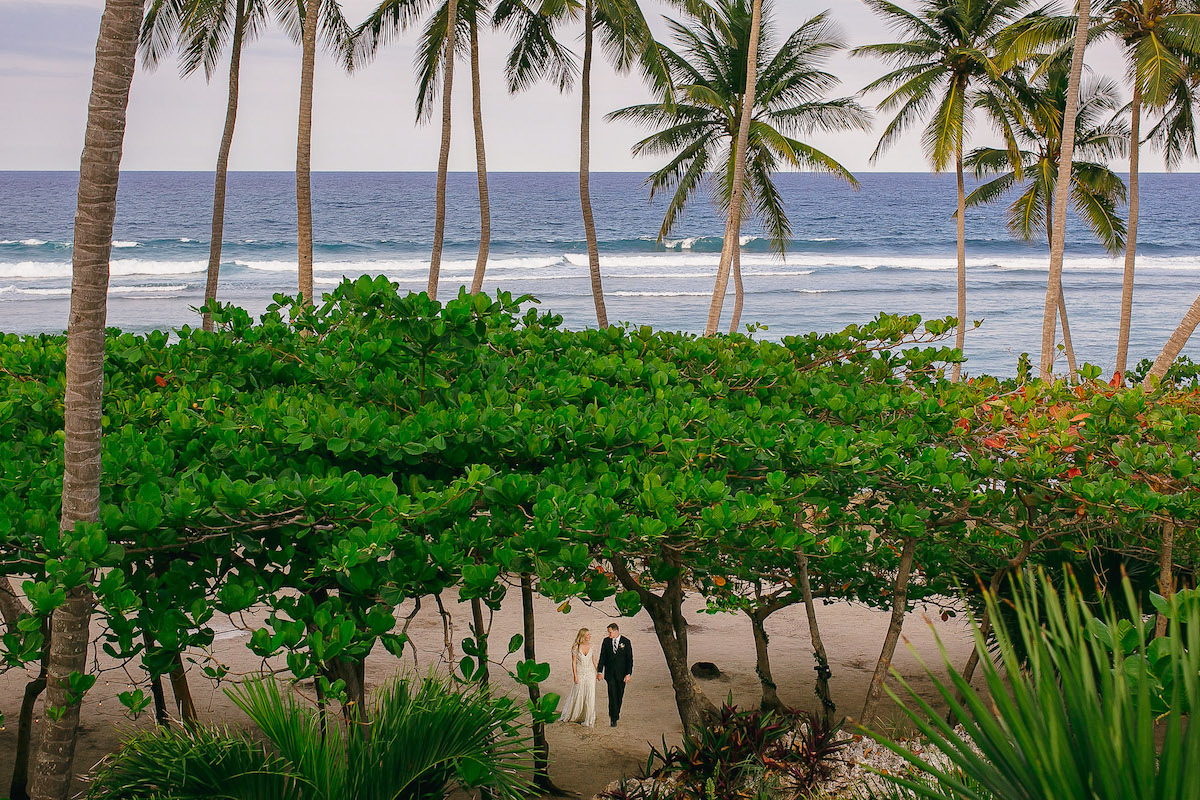 Photo courtesy of Caroline’s Collective
Photo courtesy of Caroline’s Collective
Hiring a destination planner also provides a point of contact who can connect with vendors in their time zone, freeing you from coordinating duties. So, finding the right planner is crucial to success! Look for someone with proven experience who meshes well with your personality.
Chandai Raghunauth of Chandai Events also suggests asking one vital question during the discovery call: “What are your hours for planning destination wedding meetings?”
“This is important,” Raghunauth assures. “A 1-to-3-hour difference in timing is not bad, but when it is more, you, as the couple, need to make sure that this is what best fits you.”
A wedding planner is supposed to make your life easier, not harder! You will spend a lot of time working with this person (virtually and in-person when you arrive), so be sure it’s the right fit before sealing the deal.
Communicate effectively
Expect emails — and lots of them! While planning a wedding close to home might entail more in-person meetings, you’ll have to handle most communication via email, phone, and video calls. If you’re not in the habit yet, start checking your inbox daily to stay on top of planning. With potential time zone delays, it’s best not to waste time!
Don’t leave anything to guesswork when corresponding with vendors in another time zone. Kimberly Sisti of SISTI & CO encourages couples to note both time zones when necessary. “Writing ‘talk to you at 5 tomorrow’ can lead to confusion on both ends,” she explains. “Whose 5 o’clock is it? Is it the morning or the evening? Always best to write, ‘talk to you at 5 pm HST/10 pm EST’ to be clear.”
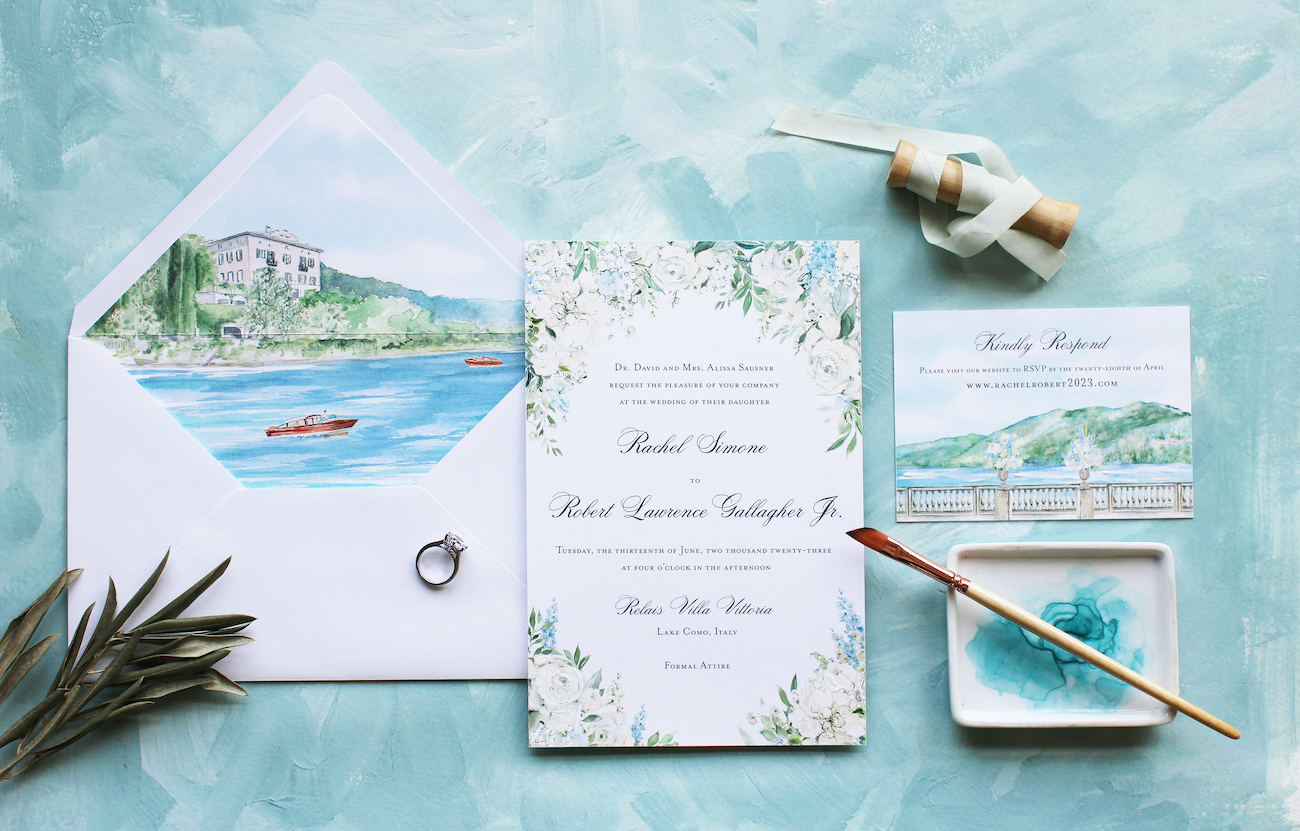 Photo courtesy of Momental Designs
Photo courtesy of Momental Designs
Depending on your wedding destination, Loren Petrowski of Marry You in Hawaii adds that couples might also need to factor in Daylight Savings Time.
“Be mindful of areas that do not observe Daylight Savings (Hawaii and Arizona in the U.S.) as that slight time difference could be important for deadlines and such if not only dates but times are involved,” she states.
Other popular wedding destinations that don’t observe Daylight Savings include Mexico, Puerto Rico, the U.S. Virgin Islands, Costa Rica, and Iceland. Ask your planner how that might impact your schedules so you can plan accordingly!
Use technology to stay organized
Coordinating schedules between time zones can present a challenge, but technology is here to save the day! Where there is a problem, there is software to solve it — and that goes for planning a destination wedding.
“Planning tools like Timeline Genius, Basecamp, Google Sheets, or floor plan software can make a real difference in having a commonly maintained timeline with all the to-dos organized,” confirms Vijay Goel of Bite Catering Couture. “You don’t need to check in in-person if you use a good remote asynchronous workflow.”
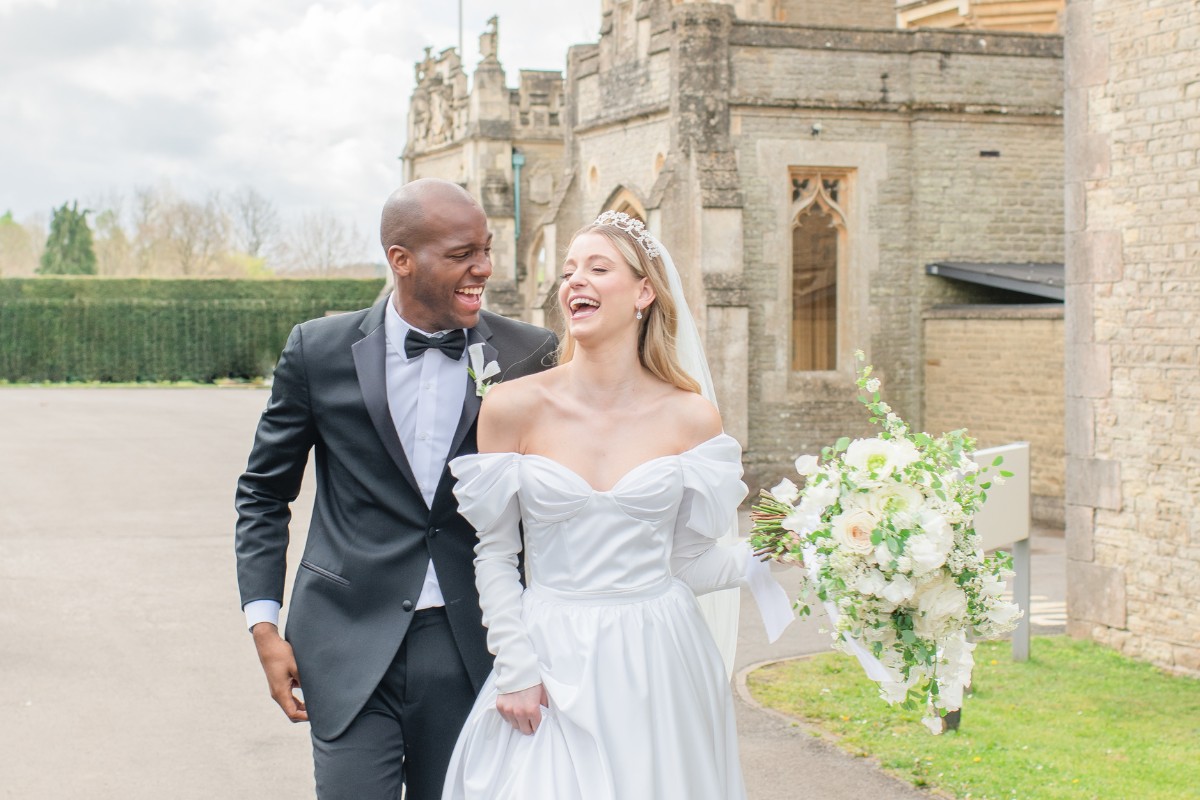 Photo by Destinations With Dana
Photo by Destinations With Dana
You can get a lot done with file transfers and comments, so a project management tool can reduce the need for meetings and allow everyone to work within their schedule.
Wedding Venue Map’s Shannon Tarrant also recommends “creating a comprehensive timeline that accommodates both time zones, clearly outlining key dates, deadlines, and schedules for tasks such as vendor meetings, fittings, and rehearsals.” Whether that timeline lives on a project management platform or a shared file on the cloud, keep it updated and consult regularly to avoid needless delays.
Accept that mistakes happen
Your wedding vendors are humans, and so are you. Hiccups will arise, but such issues are typically fixable without much consequence. With differing time zones, misunderstandings are inevitable, so extend kindness to your team if a problem occurs.
“Have a little grace for accidental overlaps, but always maintain constant communication in other formats as well,” says Jen Sulak of Weirdo Weddings.

Photo courtesy of Caroline’s Collective
Jamie Chang of Mango Muse Events notes that different time zones often involve cultural differences, so working with vendors always warrants mutual respect. “Everyone works differently, so what you might come to expect as ‘normal’ is not how they operate,” she explains. “Be patient and understanding, and give yourself more time to communicate.”
Again, adding more buffer time to your planning timeline allows you to make up for time zone mishaps without feeling rushed.
Visit as much as possible
Lastly, meet with your vendor team in person if you can! House of Joy’s Samantha Leenheer recommends “reserving 3-4 long weekends to visit your destination. If possible, you will want to see your destination, enjoy your tasting, see the layout, and enjoy the planning process.”
Even if you can’t swing multiple visits, try to squeeze in a trip to your destination at least once while planning. Ask your planner to schedule meetings with key team members while you’re there so you can build face-to-face rapport. And if your partner can join, you can treat it like a romantic preview of your wedding weekend!
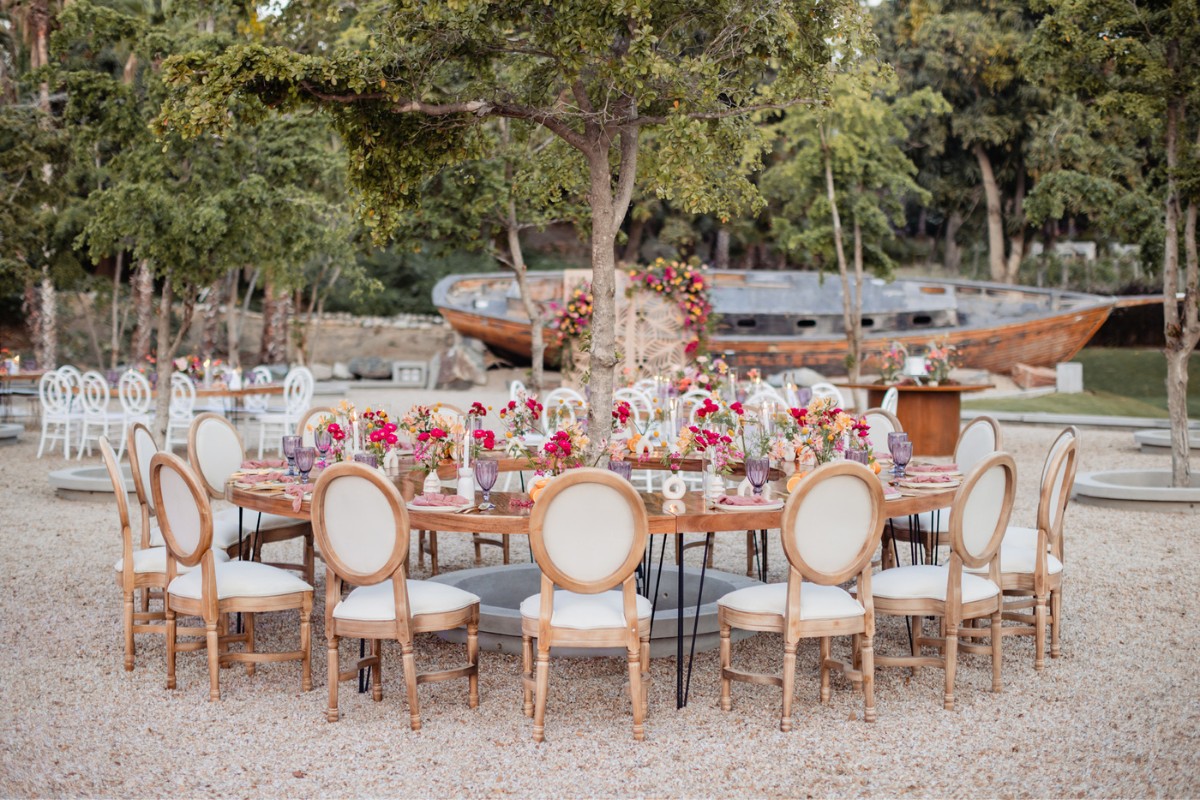 Photo by Fabi Rosas
Photo by Fabi Rosas
Navigating different time zones can initially seem daunting, but the proper precautions and strong communication habits can make it a nonissue for destination wedding planning. Give yourself plenty of time, hire trusted professionals, and don’t sweat the small stuff. Your big day will come, and it will be just as perfect as you envisioned it!
About the Author: Meghan Ely is the owner of wedding PR and wedding marketing firm OFD Consulting. Ely is a sought-after speaker, adjunct professor in the field of public relations, and a self-professed royal wedding enthusiast.


